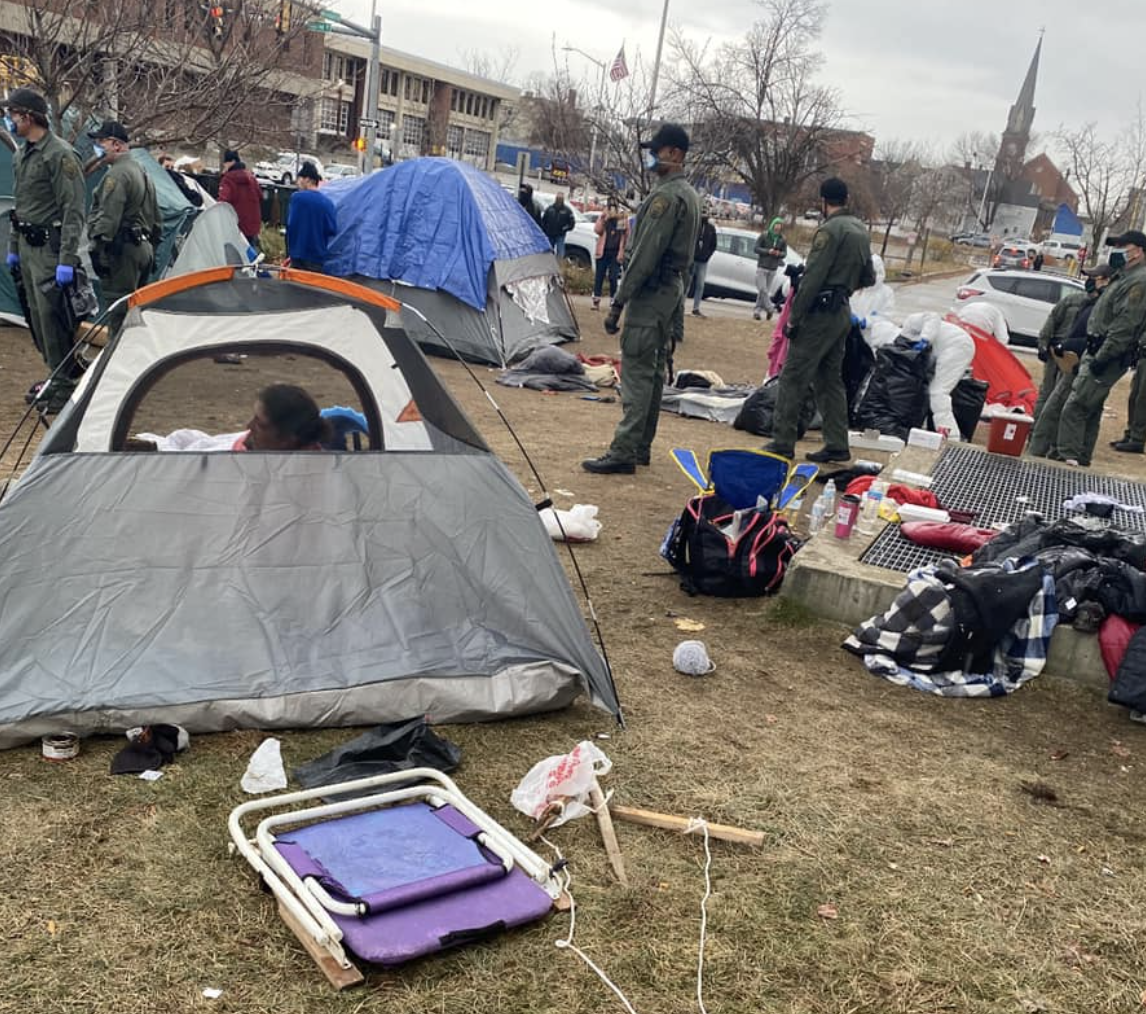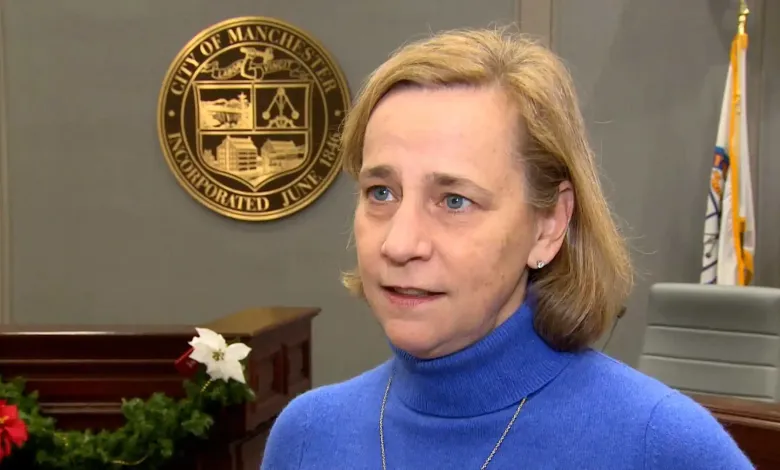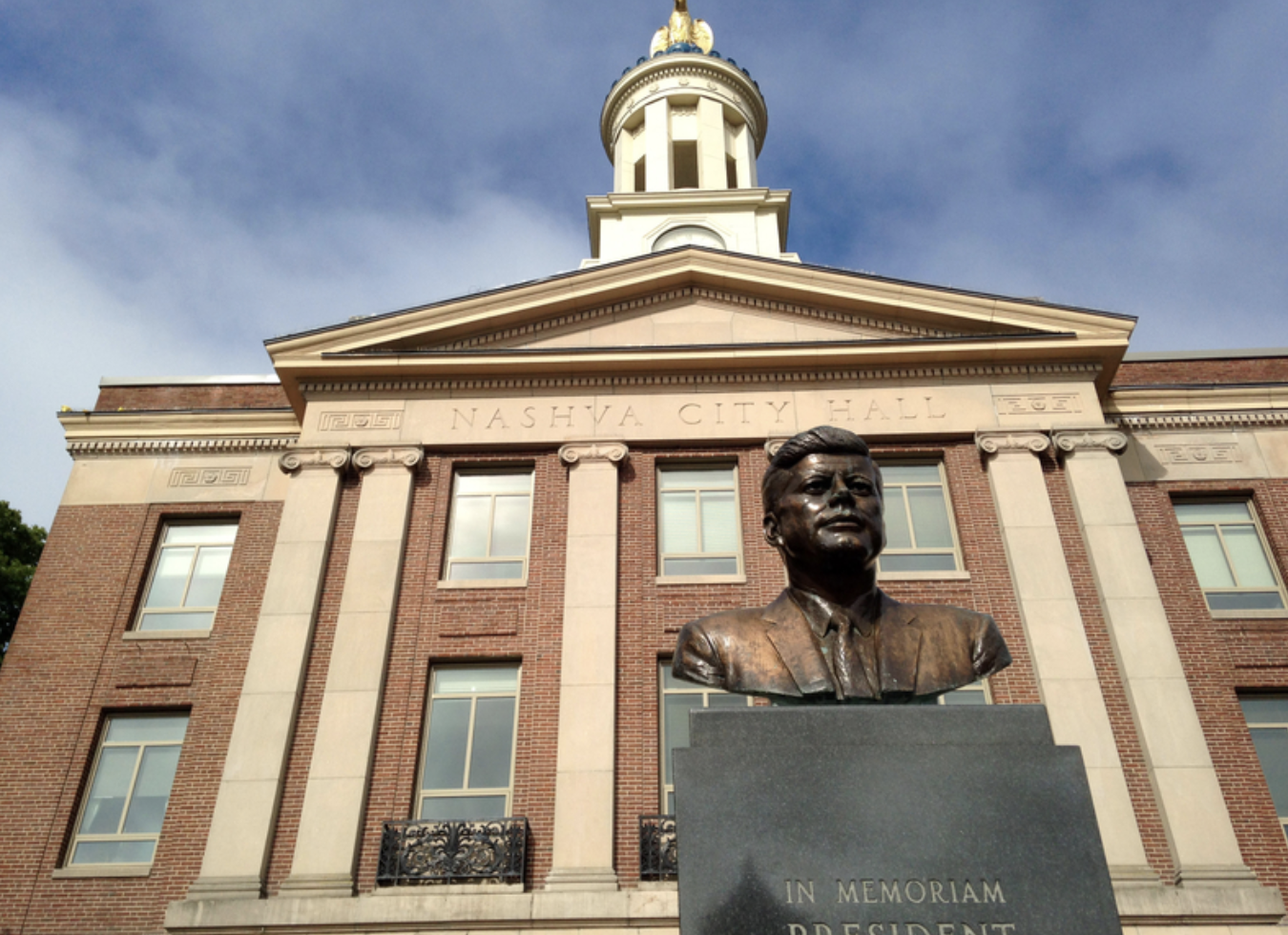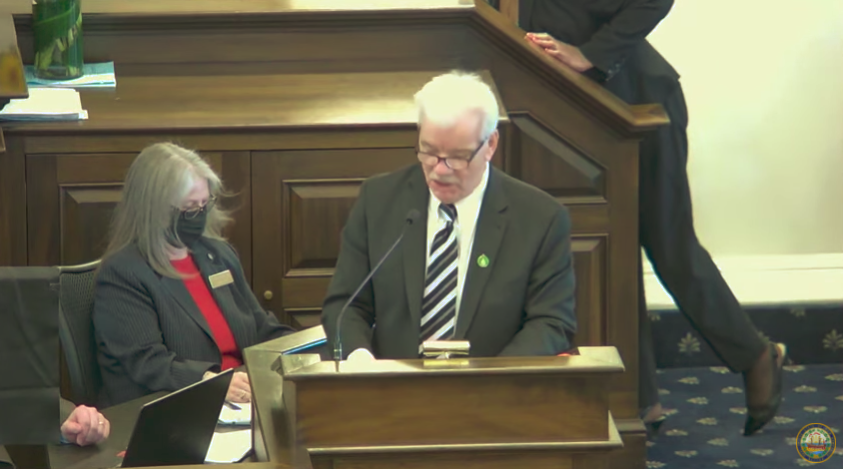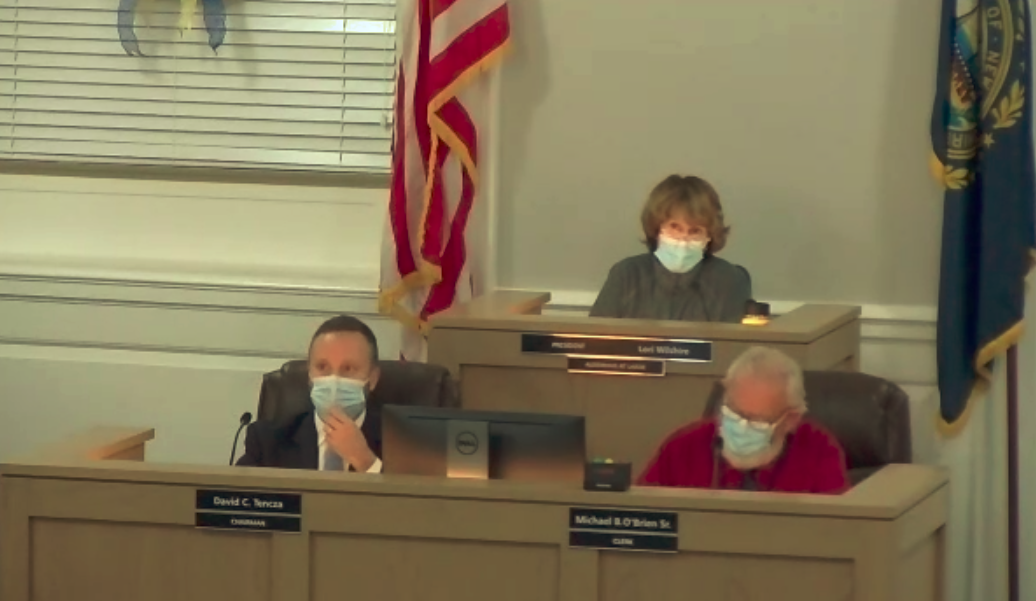Londonderry Cops Dump Homeless in Manchester

Manchester’s homeless crisis isn’t being helped by police departments from surrounding communities dropping off their own homeless people in the Queen City.
“Manchester has become ground zero for the homeless problem,” Police Chief Allen Aldenberg told WFEA radio host Drew Cline on Wednesday.
Aldenberg said he has been confronting other New Hampshire police chiefs over the practice of bringing homeless people to Manchester for months. Rather than addressing their local homeless issues, they are relying on Manchester to provide care and services. Last month, Aldenberg witnessed officers from Londonderry bringing a homeless man to the city and leaving him outside a shelter.
“It’s bad enough when other states do it to me,” Aldenberg said, “but when a neighboring community is doing it to me it’s even worse.”
Manchester Police spokeswoman Heather Hamel said the Londonderry officer did not secure a space for the man inside the shelter and simply left him in the city.
“The shelter had not been contacted prior to the officer’s arrival, and the officer did not go inside,” Hamel said.
Londonderry Police Chief Kim Bernard did not respond to a request for comment on Wednesday, nor did Londonderry Town Manager Michael Malaguti,
Hamel said Aldenberg has since spoken to Bernard, and the two chiefs now have a good working relationship.
“The two chiefs spoke. All is good,” Hamel said.
But Aldernberg is putting other communities and their law enforcement agencies on alert. Continue to dump your problem on Manchester, and you will get ‘named and shamed.’
Aldenberg told Cline other communities are regularly transporting their homeless population to Manchester where they get essentially left to fend for themselves. At one point, the large homeless encampment on Manchester Street was largely made up of non-Manchester residents.
“When that camp over at 199 Manchester Street was going, 60 percent of those people were not from the city of Manchester,” Aldenberg said.
It’s not just New Hampshire communities who are using Manchester as a destination for homeless people. Sanford, Maine police drove a homeless woman 60 miles to Manchester in December and dropped her off outside a shelter. The shelter had no space for the woman, and she was found to be suffering from frostbite, according to a report in Manchester InkLink. Hamel said that kind of move happens frequently.
Sanford Police Chief Craig Andersen did not respond to a request for comment on Wednesday, though he has reportedly since apologized.
The woman found herself stranded when she learned the shelter had no space for her. She made her way to Mayor Joyce Craig’s office in City Hall seeking help. The woman was treated and later brought to a shelter in Portland, Maine, where space had been secured for her by Manchester officials.
While there may be little that officials can do to stop other communities from using Manchester to take care of their homeless population, Aldenberg has let other police chiefs know he will start shaming chiefs of departments who leave their homeless in Manchester.
“No chief wants to be publicly embarrassed,” Aldenberg said. “I let them know if you do this to me again, I’ll make an example out of you.”
Aldenberg’s officers recently oversaw the eviction of about 60 homeless people from the camps set up downtown. The tents are gone, for now, but the homeless people are still in the city he said. He’s trying to work with homeless people and city and state agencies to address the crisis.
“Obviousl, they’ve gone to other parts of the city which we need to address. We’re not going to arrest our way out of this problem,” he said.

